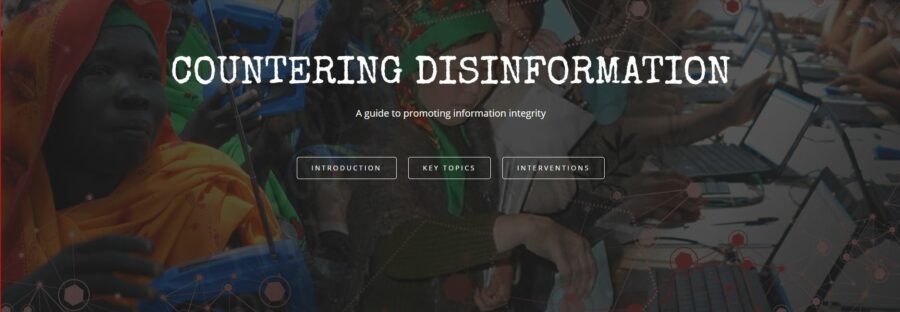Effective democracies require that citizens have access to accurate and impartial electoral and political information. Disinformation campaigns spread cynicism, distort political processes and hinder citizens’ ability to make sound political decisions. Although the problem of disinformation is increasingly global in scope, most research to date has focused on examining foreign and domestic campaigns in Europe and Eurasia, as have many recent high-profile responses designed to counter the impact of disinformation. The democracy and governance community needs a better comparative understanding of how disinformation impacts a wider range of political systems and societies, a better overall understanding of existing programmatic responses to disinformation threats, and a typology to begin understanding the effectiveness of such responses.
To address these questions, CEPPS will:
CORE QUESTIONS
DELIVERABLE
The analytical framework, literature review, case studies and guidebook will all be used to help inform programming throughout the democracy and governance community to counter disinformation in political systems and societies worldwide.

Find the Countering Disinformation Guide here.